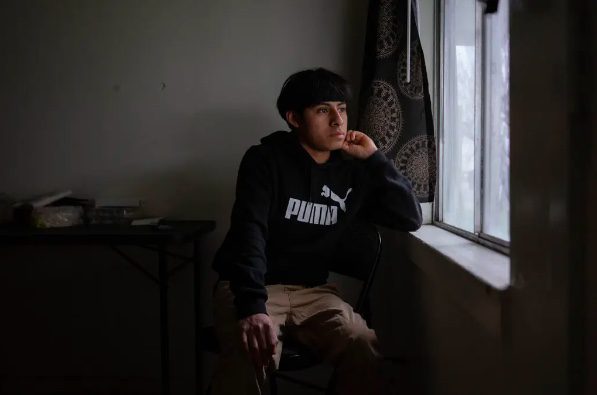
They’re Paid Billions to Root Out Child Labor in the U.S. Why Do They Fail? Private auditors have failed to detect migrant children working for U.S.
One morning in 2019, an auditor arrived at a meatpacking plant in rural Minnesota. He was there on behalf of the national drugstore chain Walgreens to ensure that the factory, which made the company’s house brand of beef jerky, was safe and free of labor abuses.
He ran through a checklist of hundreds of possible problems, like locked emergency exits, sexual harassment and child labor. By the afternoon, he had concluded that the factory had no major violations. It could keep making jerky, and Walgreens customers could shop with a clear conscience.
When night fell, another 150 workers showed up at the plant. Among them were migrant children who had come to the United States by themselves looking for work. Children as young as 15 were operating heavy machinery capable of amputating fingers and crushing bones.
Migrant children would work at the Monogram Meat Snacks plant in Chandler, Minn., for almost four more years, until the Department of Labor visited this spring and found such severe child labor violations that it temporarily banned the shipment of any more jerky.
